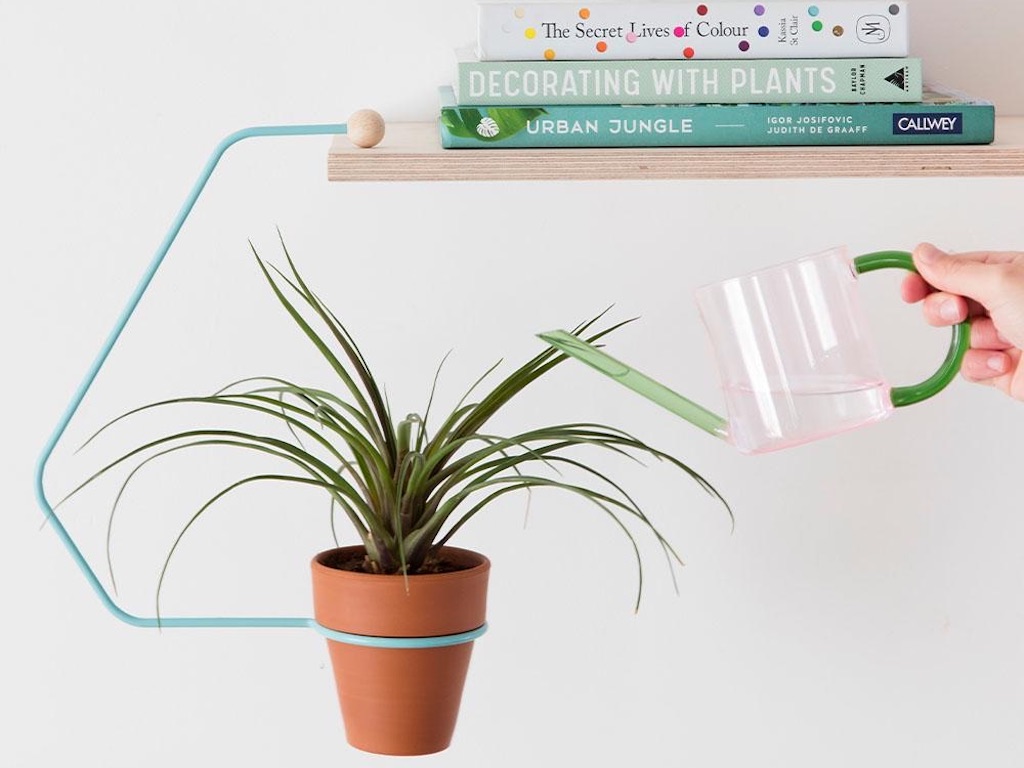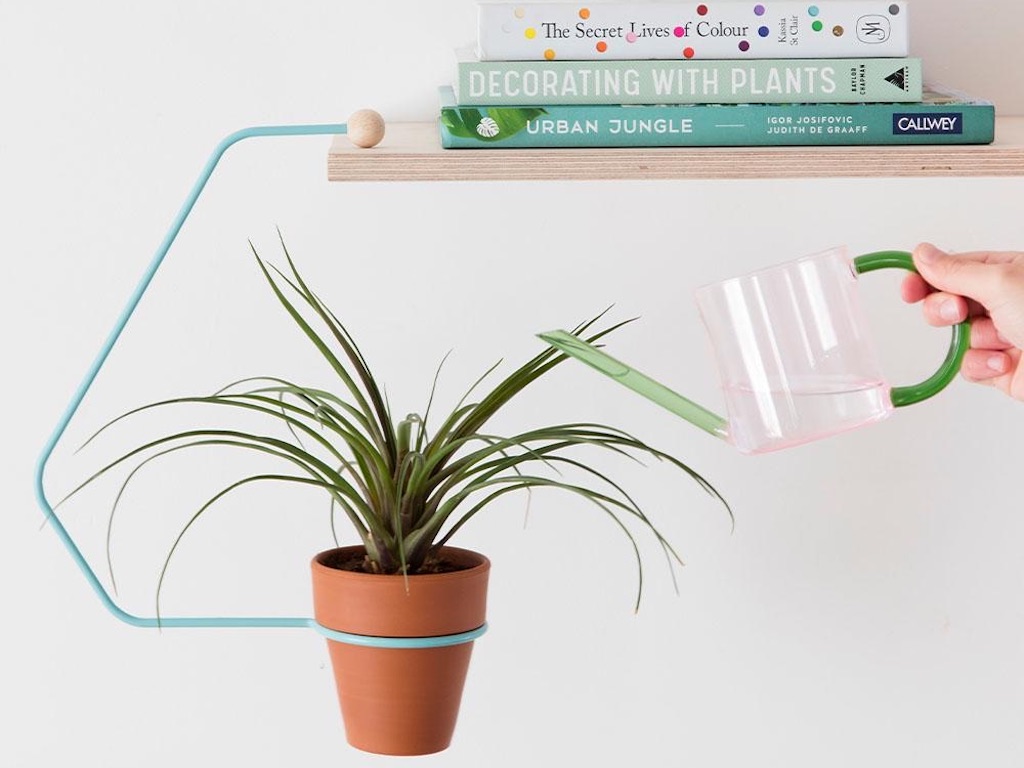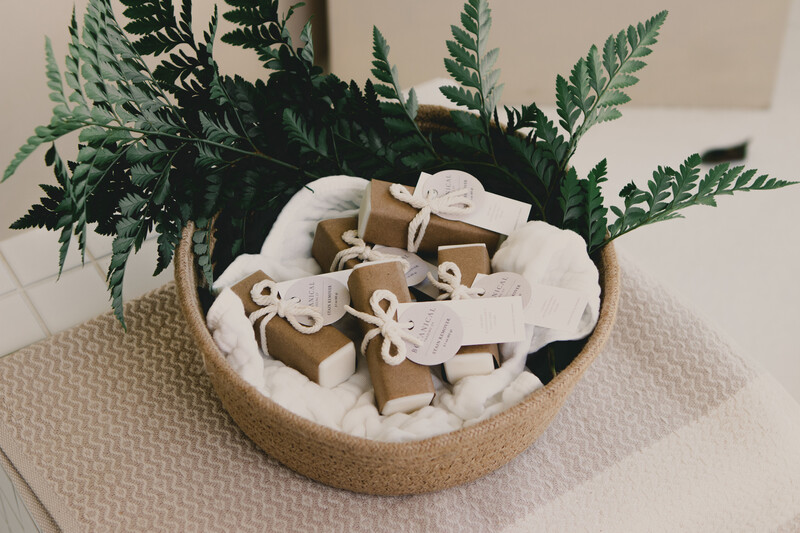

All of a sudden, sustainable products seem to be on every shelf. A product category that few consumers were aware of 15 years ago is now ubiquitous in retail. Sustainable skincare, sustainable chocolate, sustainable toilet paper—there are sustainable products in every niche you can imagine. But it’s more than a trend; it’s a movement across industries to craft items that treat both the planet and its people humanely.
And consumers are paying attention. The demand for sustainable products isn’t slowing down: More and more shoppers are seeking out brands that align with their values. According to the Global Sustainability Study, consumers see themselves as “agents of change,” and are pressuring companies to rise to higher standards.
Following sustainable business practices isn’t only good for the world, it can be good for your brand. We created this primer as a first step to understanding how to make products sustainable and how your brand can benefit from selling them.
What makes a product sustainable?
Sustainable products are made in a way that doesn’t cause harm to the environment or the workers who make them. Sustainable brands embrace the reality that the earth’s resources are finite and that they must be utilized responsibly and thoughtfully. From their creation to their disposal and every step in between, sustainable products strive to minimize environmental impact.
Why should you change your products and packaging?
Moving toward sustainability in your retail offerings is not only the right thing to do, but the smart thing to do. An increasing number of shoppers care about sustainability, so by not adapting to meet this preference, you’re limiting your potential customers. Many people shop according to their ethical beliefs and might avoid your brand if you sell products that are packaged in excessive plastic, can’t be recycled, or were produced in poor labor conditions. Overall, people want to reduce waste, reduce carbon emissions, and reduce the mistreatment of workers.
Benefits of producing sustainable products
- Improved public perception: Sustainability is a top priority for many shoppers, and by making eco-friendly choices, you can attract and retain customers. Plus, you’ll be doing your part to preserve the environment, which is always a good thing.
- Lower operational costs: Making energy-efficient choices like using LED lights can shrink your utility bills over time and reducing waste can mean a healthier bottom line.
- Higher profit margin: Since shoppers are eager to buy sustainable items and support businesses with shared values, you may find that there’s more demand for your products once you go green. Customers are also open to spending more money for environmentally conscious products.
- Tax benefits: There are financial incentives for businesses that are working to become more eco-friendly, including tax breaks and grants for energy-efficient upgrades.
Examples of sustainable products sold on Faire
Need some inspiration? Here are some popular brands with eco-friendly practices.
- Friendsheep sells charming, handmade wool home accents like these trivets. All of its products are made with organic, cruelty-free certified wool, and it offsets its shipments with its Carbonfund.org partnership.
- Conscious Step’s socks are made with organic, sustainable, Fair Trade cotton, and every purchase benefits a good cause. So far, it’s donated over $1,486,000 to its nonprofit partners.
- The Handloom is a sustainable fashion brand that uses 100% Turkish cotton. It employs local artisans in Turkey, and every item is hand-loomed, with meticulous attention to detail.
- Root and Splendor is a green laundry and personal care company that prides itself on its biodegradable formulas and sustainable packaging. All of its ingredients are natural, plant-based, and safe for people, the environment, and waterways.
- Los Angeles–based ÉTICA Denim prioritizes clean manufacturing, fair labor practices, and chic silhouettes. It donates a portion of sales to workers’ rights organizations and environmental efforts.
What’s the difference between sustainable and eco-friendly?
Sustainable is a broader term that covers more ground than just eco-friendly. An eco-friendly product doesn’t hurt the earth, while a sustainable product doesn’t hurt the earth, doesn’t hurt people, and doesn’t hurt future generations. Sustainable products have much higher standards and are eco-friendly by default, but the reverse may not be true. A product may be eco-friendly because it’s made from recycled materials, but if it creates a lot of emissions to manufacture, ship, and eventually destroy, it’s not sustainable.
Are sustainable products more costly than standard products?
The answer is almost always yes. Sustainable products often use higher-quality raw materials that produce less environmental impact. Conversely, when a shopper sees a trendy dress on a fast-fashion site for only $10, that cost is likely possible because of unsustainable or unethical business practices. Sustainable brands pay workers a living wage, use premium materials, and take extra steps to minimize pollution. Naturally, these standards drive up the cost of sustainable products.
Many retail owners worry that by offering sustainable products, the higher price points might drive away customers. This may not be the case. Multiple studies have shown that consumers are willing to fork over extra money for sustainable products. According to Retail Dive, products that were marketed as sustainable increased their market share in 2022 to 17.3% of purchases. This is despite record-high inflation that’s been driving up the cost of goods for the past two years.
Design products with sustainability in mind
One effective way to make your brand more sustainable is to integrate eco-friendly practices directly into your product design. Incorporating sustainability at the design stage allows you to make choices that reduce environmental impact without compromising quality or functionality. This might mean working with a product designer to refine an existing product or create a new one that prioritizes sustainability from the start. Small adjustments can have a big impact: redesigning a product to use fewer materials, opting for recyclable components, or creating parts that can be easily disassembled and reused can all contribute to a more sustainable product lifecycle.
Small steps: How to sell sustainable and eco-friendly products
Trying to make your brand more sustainable but feel like you’re starting from zero? There are steps you can take to put your business on the path to sustainability and engage eco-conscious customers. Brands big and small employ these strategies to be kinder to the planet.
Source the right materials
Consider the way your products are made and their impact on workers and the world. Look into whether your products are recyclable or compostable, check for toxic ingredients, and make sure you know exactly how they are manufactured. You may be able to prioritize more eco-friendly ways of production. If you sell acrylic sweaters, see whether sustainable wool might be a possible switch. Or, try out cactus leather rather than cow leather for the purses you sell.
Finally, make sure that your materials come from facilities where the employees are compensated fairly and work in safe conditions.
Reduce unnecessary waste
There are a lot of ways you can reduce waste in your wholesale business. One easy step to cut down on waste is rethinking your packaging. Try to use less where possible or opt for biodegradable materials that break down over time. According to the EPA, 23% of the waste in landfills comes from product packaging.
Give a second life to unsold stock
When inventory goes unsold, stacks and stacks of it can build up in a back room or warehouse. When the carrying costs of storing that inventory are no longer worth it, many brands simply get rid of it. Instead of wasting the excess inventory, sustainable brands will often donate it to social good organizations.
Rethink shipping and logistics
The rise of e-commerce has meant that more and more packages are being flown or sailed or driven long distances before they can reach customers. All of these trucks, ships, and planes produce carbon emissions that damage the atmosphere and contribute to climate change. To combat this, responsible companies will try to consolidate orders when possible, minimize returns by describing items accurately online, and choose shipping companies that practice green logistics with hybrid or electric vehicles.
Set clear goals and stay accountable
Ultimately, retailers value transparency and honesty. If you aren’t where you want to be regarding sustainability but have a plan to reach your benchmarks, then share that. However, when you set goals, be sure to stick to them and actively work toward them to build trust with eco-conscious shoppers.
Final thoughts
Sustainability takes time and effort, but it’s worth it. You can feel good about making ethical choices, and you can attract a growing segment of retailers and consumers that prioritizes sustainability when shopping. Even a small start, like going paperless or reducing packaging, can make an impact on your business and the planet.



